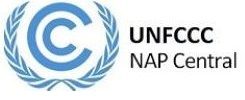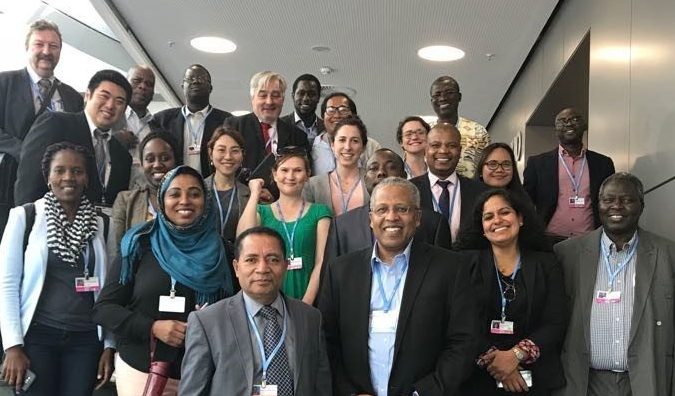Governments at the last UN climate change conference, held from 30 April to 10 May 2018 in Bonn, Germany, agreed to update the elements of the least developed countries (LDCs) work programme to reflect new and continuing needs of the LDCs. This is a historic milestone since the establishment of the work programme in 2001.
The original LDC work programme was established in 2001 for the implementation of Article 4, paragraph 9 of the Convention (“Parties shall take full account of the specific needs and special situations of the least developed countries in their actions with regard to funding and transfer of technology.”) Since then, many developments that have direct and/or indirect implications to climate change and development planning in the LDCs have taken place. These include the establishment of the process to formulate and implement National Adaptation Plans (NAPs) in 2010, the operationalization of the Green Climate Fund (GCF) in 2010, and the adoption of the SDGs and the Paris Agreement on climate change in 2015.
The updated work programme was adopted at the 24th session of the Conference of the Parties (COP) to the UNFCCC in December 2018 (decision 16/CP.24), and contains the following elements:
- Strengthening and/or establishing, national climate change secretariats or focal points to enable the effective implementation of the Convention, the Kyoto Protocol and the Paris Agreement in the least developed country Parties;
- Providing training in negotiating skills and language to develop the capacity of negotiators from the LDCs to participate effectively in the climate change process;
- Supporting the process to formulate and implement NAPs and related relevant adaptation strategies, including national adaptation programmes of action (NAPAs);
- Supporting the preparation and implementation of successive nationally determined contributions (NDCs);
- Promoting public awareness programmes to ensure the dissemination of information on climate change issues;
- Strengthening cooperative action on adaptation technology development and transfer;
- Strengthening the capacity of meteorological and hydrological services to collect, analyze, model, interpret and disseminate weather and climate information to support the implementation of adaptation actions;
- Supporting capacity-building initiatives to enable effective engagement in reporting and review activities under the Convention and the Paris Agreement.
The work programme serves as an overall framework for targeting and channeling support to the LDCs by different actors. To this end, the work programme has enabled the LDCs to put in place measures to address climate change. For example, all the LDCs have prepared their NAPAs, which contain priority interventions for adapting local communities and systems to the adverse effects of climate change. All the countries are actively implementing urgent and immediate measures identified in the NAPAs with funding from the Least Developed Countries Fund (LDCF). Many are also implementing projects to strengthen their meteorological and hydrological services to better support adaptation planning and implementation as part of their NAPAs. A variety of support has also been provided to the LDCs by various organizations on negotiation skills and language.
Support for the work programme would come from a variety of sources, including the LDCF, the Global Environment Facility (GEF), the GCF and other bilateral and multilateral sources, as well as the private sector. The LDC Expert Group (LEG) is mandated to provide technical advice and support for the implementation of the LDC work programme, including through the engagement of a wide range of organizations.
The updated work programme was prepared under the discussions facilitated by Mamadou Honadia from Burkina Faso, who was one of the lead negotiators for the LDCs at the time of the establishment of the work programme in 2001, and Malcolm Ridout from the UK.
More information on support to the LDCs under the UNFCCC is available here.


